
PPC marketing is a terrific approach to generate leads for your business, provided that your ads are in a framework that interests your target audience.
Approaching the depth of PPC marketing feels a lot like waiting in line to ride the world’s most terrifying Ferris wheels or roller coasters— whichever you prefer.
Now, as you are about to hop in, thoughts flood your mind… Will you be able to safely ride from the start–to–finish without any major problems? Or, Will you become stranded at the coaster’s highest point with no means to safely exit?
What if the ride leaves the track at the top of a loop-de-loop?
Okay! Don’t be afraid…we’re not saying PPC is dangerous😅.
But when it’s all laid out in front of you, it can really be daunting and give you some second thoughts about riding on.
Well, maybe this can help to make it less scary— Many PPC platforms profit from the same PPC best practices even though they differ in certain aspects.
The 13 PPC best practices in this post will help you strive for success on any platform you choose to use during your journey of PPC marketing.
Let’s first tell you a brief overview of what PPC marketing is all about.
PPC and its Types
PPC marketing or pay-per-click is a representation of online marketing in which advertisers are charged a fee each time one of their ads is clicked. In other words, it’s a method of buying visitors to your website without making an organic effort to “win” those visitors naturally. To navigate this effectively, consulting a PPC expert can help optimize your campaigns and manage costs efficiently.
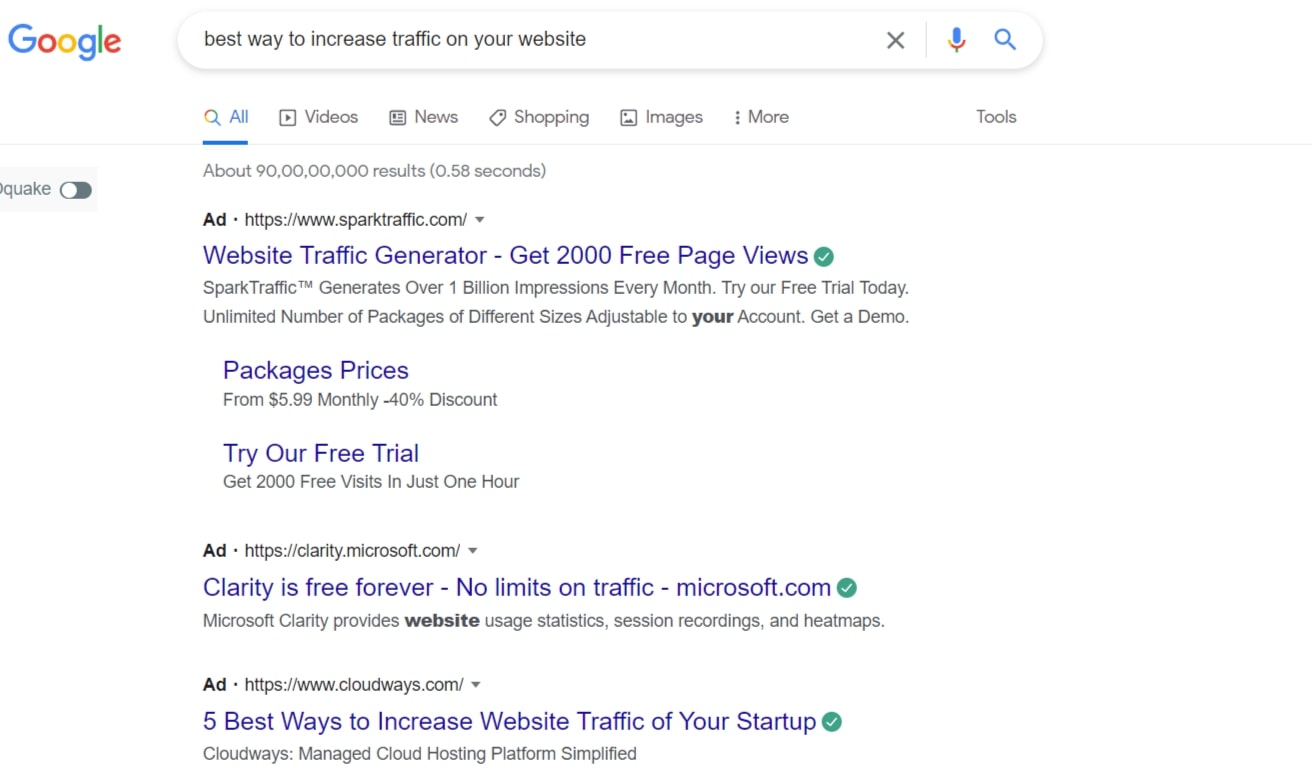
Before we go into our list of PPC marketing best practices, there are a number of various pay-per-click ad types we should cover:
Search Ads
These are probably the PPC advertisements you are most accustomed to. They appear as text in the search results and have the same appearance as other links on the results pages. To indicate that they are sponsored content, they are, however, marked with an ad.
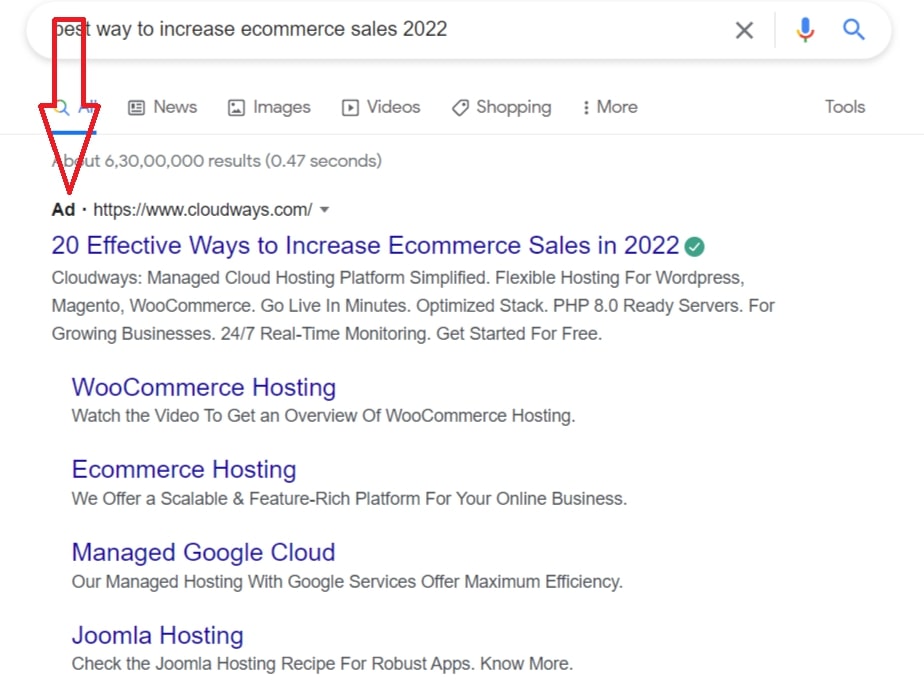
Display Ads
Display advertising is a technique for attracting a website, social media platforms, or other digital medium’s audience to take a particular action. These frequently consist of text-based, image-based, or video ads that entice viewers to visit landing pages and make purchases.
Remarketing Ads
You can target prior visitors to your site with remarketing advertising by customizing your search ad campaigns. It focuses on revitalizing old or inactive customers’ interest in your business.
Local Ads
These PPC advertisements appear when a city name, zip code, or neighborhood is entered in a local search.
Social Ads
Social media feeds are one such type of PPC marketing that contains social adverts labeled as sponsored or ad.
Google Shopping Ads
These PPC advertisements appear in a carousel format at the top of the search engine results. They let users view items and prices for comparable goods from a range of stores.
TrueView Ads on YouTube
TrueView advertising appears in YouTube videos as full-screen ads, brief sidebars, unskippable ads, or a combination of these.
Sponsored Promotions in Gmail
These PPC advertisements are shown in the user’s mailbox. Although they do have an Ad tag, they appear to be ordinary emails.
And depending on the platform you’re using, that’s not even all the PPC advertisements you can make.
Collect Leads And Boost Your Sales with WooCommerce Email Popups Strategies!
13 PPC Marketing Best Practices
- Relevant Keywords
- Content of Ad
- Timing and Automation
- Bid it Right
- Monitor Your Clicks
- Target Right
- Small & Focused Ad Groups…Ad Extensions
- Use CTAs in your Ads
- A/B Testing
- Monitor, Update & Optimize Campaigns
- Decide your Budget and Increase Significantly
- Staying Updated on Recent Innovations
- Consider Ads for All Devices
PPC Marketing Best Practices
1. Relevant Keywords
The most important PPC marketing practice to keep in mind is researching and applying the best keywords to draw the most relevant clicks. You can get popular and competitive keywords using a variety of tools, like Google Keyword Planner. Here are a few types of keywords:
Long Tail Keywords
The more precise the keyword, the more probable it is that you will find the correct audience. Additionally, it is much simpler to rank better on a SERP for a niche keyword than a general one.
Negative Keywords
Along with using long-tail keywords, using negative keywords is one of the recommended PPC best practices for Google Ads. Negative keywords are those that are unrelated to your product or service and that you don’t want to rank for.
Obscure/ Too Specific Keyword
In keeping with tweaking your keyword strategy, you should also test out other versions of the same phrases to see what sort of results they’ll yield. Even while these uncommon keyword variations may not be as popular, they will help you reach a wider audience.
Dynamic Keyword
Although a little is more technical than other PPC best practices, this one is effective if you want to experiment with your ads. You can use a snippet of code to modify your keyword if you sell a variety of products or want to customize your advertisement to a customer’s search.
2. Content of Ad
The best PPC marketing advice is to simply concentrate on creating excellent content. Use the best and most pertinent keywords in your ad copy, and pique users’ curiosity enough for them to click on it.
Utilize Figures to Build Trust
One powerful way to persuade people that your product or service is useful or that they need it is by including statistics in your advertisement.
Be Original and Creative
You cannot afford to fall behind in the marketing industry because there are so many creative minds working nonstop to produce new concepts. Create a variety of creatives and PPC advertisements for diverse audiences and grab the user’s attention.
Find a technique to capture the interest of the audience you are trying to reach, whether you utilize text, graphics, or videos in your advertisement. Adapt the adverts to the users’ preferences.
Use Emoji to Draw in Customers
Whether you like it or not, emojis are becoming more and more common in PPC ads.
As more people use smartphones than desktop computers to conduct searches, Emojis are increasingly being used in advertising.
Utilize Full Space
You are given a certain number of characters by Google Advertising to utilize in your ads, allowing you to clearly and succinctly present all the pertinent details about your product or the issue that it helps to solve.
We advocate using all of this space to the fullest extent possible in order to provide users who notice your advertisement with enough information to be interested in finding out more.
Revamping Your Website with this All-In-One Guide.
3. Timing and Automation
You want to make sure you’re squandering a little of your budget when you’re paying each time someone clicks on your advertisement. To make the most of your campaign and save money, it’s crucial to determine the optimal time to run ads.
When you know people are conducting research, usually, during business hours, time your more expensive keywords appear and run the less expensive ones at other times.
Automation
While there are many tasks you can automate, we advise beginning by using the PPC platform’s capabilities.
There are automated rules in Google Ads for almost anything you can imagine:
- Ad scheduling
- Putting a STOP to ineffective PPC advertisements or keywords
- Bids and scheduling bids
- Managing costs and budgets
There are many WooCommerce plugins that can be used to minimize your efforts. Some of them you can refer to from here.
4. Bid it Right
If you want to make sure that your advertisement gets seen by as many people as possible, you need to develop a solid bidding strategy. You might examine the following metrics to enhance your bidding strategy:
- Cost per acquisition, or CPA, is perfect for marketers trying to boost conversions.
- Cost per mille (or 1,000 impressions) (CPM) is effective for increasing visibility.
- If you have a limited budget and want to get the most out of it, maximize clicks
- Cost Per View/Click, or CPC/CPV, is a great way to increase the price you want to pay for each ad.
5. Monitor Your Clicks
Monitoring your clicks is a PPC marketing practice that can help you stretch your money. You should spend as little money as possible on these sources since many clicks originate from automated or multiple click sources; thereby, helping you to stay within your budget.
Effective Landing Pages
You should make sure the landing page always matches the particular advertisement, thus you could want to make a few different variations of a landing page to guarantee it’s constantly relevant.
6. Target Right
Make sure your target demographic is in mind while developing your campaigns and composing your PPC advertisements. Making a buyer persona is a smart idea because you can use it to tailor your campaign to the specific demographic you’re aiming for.
Targeting Options
Set criteria to more precisely target your market so that the proper people see your adverts. You have a few options for how to narrow down your audience:
- Geographic location
- Interests
- Type of Device they’re using
- Demographic
- Behavior
Know What Your Target Audience Wants
PPC advertisements require audience targeting in order to be successful. You need to be able to pinpoint the individuals most likely to purchase your products. Otherwise, you’re basically staking your future on a limb.
When developing a PPC ad campaign, the first thing to do is to determine the need or issue that your target demographic is facing and how your product or service can solve it. With that knowledge, you can create a copy that persuades readers to think about your product or service.
New Target Audience
You can target a certain demographic with your PPC advertisements on websites like Google Ads or Facebook. It’s a surefire technique to achieve notable outcomes.
But you shouldn’t confine yourself to only this group. Perhaps there are additional categories of people who would be interested in purchasing your goods or services.
Google also offers a feature comparable to Facebook’s lookalike audience targeting or bespoke audience targeting. You can connect with a group of people who share some traits and preferences on both sites.
You might need to adjust your PPC ad for these new audiences so that it more closely matches the user’s goal, but doing so will yield positive outcomes.
Retargeting
Remember that most visitors to a website they found through a PPC ad do not immediately purchase the good or service the business is offering. Before deciding to buy, buyers frequently go through a lengthy process.
It’s clear they are interested in your offer because they visited your landing page or website. Retargeting techniques allow you to continuously maintain your product or service in customers’ minds.
Retargeting involves employing comparable adverts and promotions to try to maintain the same prospects’ interest. You want to encourage your visitors to take the action they put off when they initially interacted with your advertisement, landing page, or product every time you interact with them in the future.
7. Small & Focused Ad Groups…Ad Extensions
Create ad groups in Google Ads to bring together advertisements that are comparable in some way to organize your campaign. They may use similar keywords or have comparable landing pages or languages. You can better direct your efforts and budget as a result.
Ad extensions are all the additional details you might find in a normal SERP ad. Extensions that display your location, site links, links to download apps, promotions, prices, and a lot more can be added.
8. Use CTAs in your Ads
When individuals are looking for something online, CTAs encourage them to take action. Adding CTAs might be challenging when there is already a limited amount of room in an advertisement, but they don’t have to be lengthy. You could, as an illustration:
- Learn more
- Find out how
- Sign up now
- Get started
- Buy now
Ads that specifically mention the season can be useful.…i.e. Seasonal marketing. Personal advice- Service Marketing is one such practice you should go for!
9. A/B Testing
It might be challenging to determine which keywords, CTAs in the ad copy, and landing sites are most effective. A/B testing is one of the finest ways to test your advertising utilizing PPC best practices. A/B testing is the process of comparing two elements to evaluate which performs better. Run the same advertisement with minor variations to determine which performs better.
Some common things you can A/B split test are
- audiences
- keywords
- landing pages
- ad copy
- ad images
- bidding strategies
- device targeting (e.g., seeing if campaigns targeting only mobile devices perform better than campaigns targeting all devices)
10. Monitor, Update & Optimize Campaigns
There is always a need to continuously review and update your advertising using tools like the RedTrack tracking platform to avoid having outdated campaigns and to experiment with new tactics for better results. Let’s go over some methods for doing that.
Test New Platforms
Do not stick to a single platform to run your ads; Google’s not the only platform. You can also use different platforms like Facebook, Instagram, or LinkedIn to run ads and see the differences in results.
Don’t Fear New Features
There are constantly new features in ad platforms. Don’t get afraid of them! Try playing with new features, who knows they improve your ads or even help simplify your PPC process.
Integrated Audiences with Search
Look for new parameters to use to target your audience, or go back to the drawing board and update your buyer persona.
Re-Evaluate How You Report
Make sure the data and information you’re collecting in your reports are still the most relevant and actionable metrics you can be using.
Voice Search
With advancements coming on, a number of people have started using devices like Siri or Alexa for certain searches, so make sure your ads are optimized for voice search.
Video Ads & Visual Search
Videos and visual media have a high capacity to grab and sustain attention, so do prefer these options if possible in your PPC marketing strategy.
11. Decide your Budget and Increase it Significantly
To best utilize budgets, consider the following:
- Check the number of times your ad didn’t display because of low-budget issues.
- Recognize the daily spending of your campaigns.
- Track the performance of your campaigns on any change of bid
- Be attentive and convert the most performing ad groups into campaigns.
- Prefer having a shared budget for all your campaigns.
12. Staying Updated on Recent Innovations
The field of digital PPC advertising is one where technology is always evolving. Keep up with these trends if you want to connect with your target audience.
Google Ads, for example, allows you to create PPC ads for both search results and publishers’ websites associated with the top search engine. Therefore, staying updated on Google’s recent innovations is essential to smoothly run campaigns. These industry-relevant skills are covered in the Skillfloor Digital Marketing Course in Bangalore through practical, hands-on training.
13. Consider Ads for All Devices
With advancements in technology, many new devices appear every day that aim to improve the quality of life of people around the world.
That being the case, your advertising campaign should be aimed at your customers, irrespective of the device they’re browsing the web with. Make your website device-friendly.
Do Try PPC Ads: It Upsells Your Business
These PPC marketing best practices are the most successful ones we are aware of for maximizing ad clicks, reaching a specific audience, generating leads, and increasing revenue. Set up a PPC ad on the Google Ads platform or with Facebook Ads to get results more immediately than waiting for an organic search to start bringing customers to your business.
In less than 48 hours, you can attract up to 5,000–10,000 visitors to your website, depending on your marketing objectives and spending plan.
Nevertheless, keep in mind that the PPC advertising sector is dynamic. Be up to date on the latest PPC trends and studies. Doing so will enable you to create effective ads that provide high-quality leads for your company.


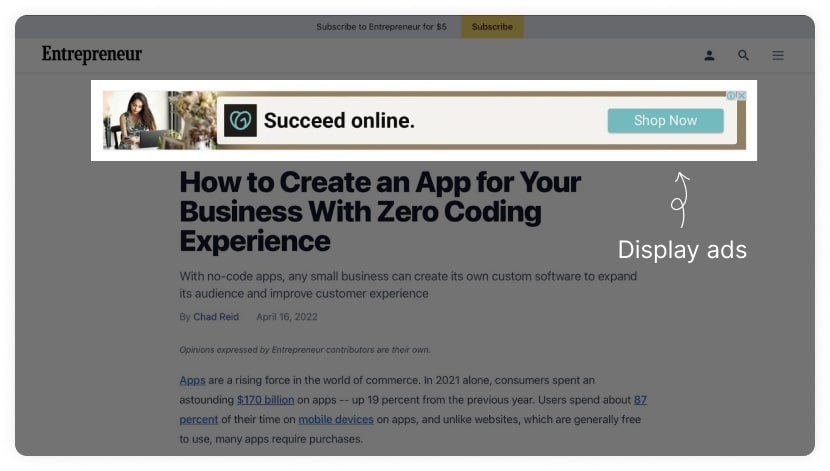
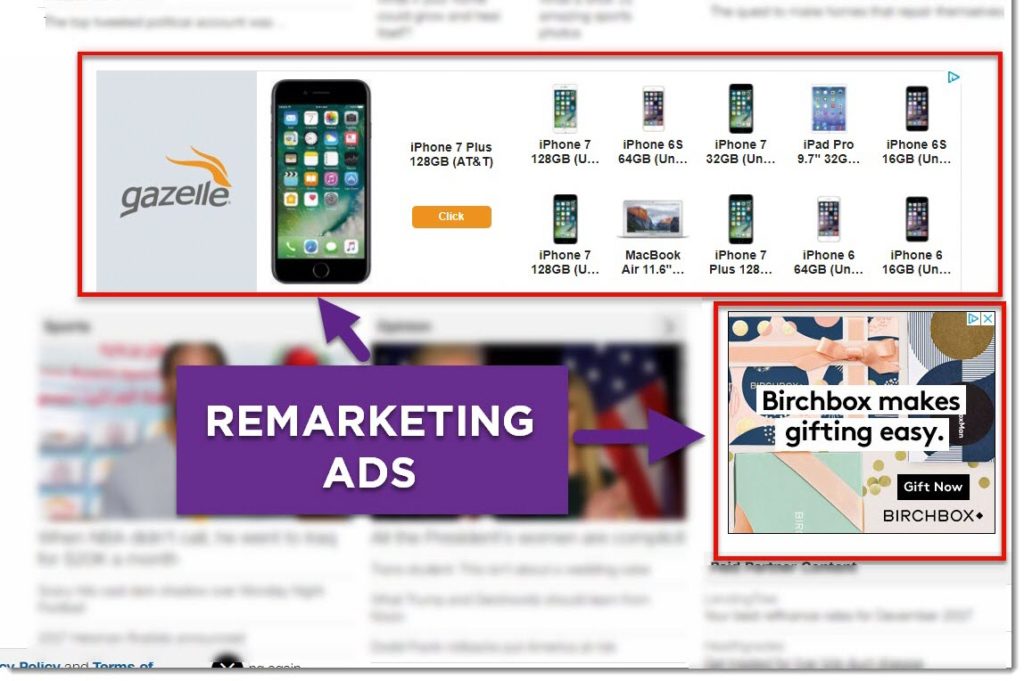
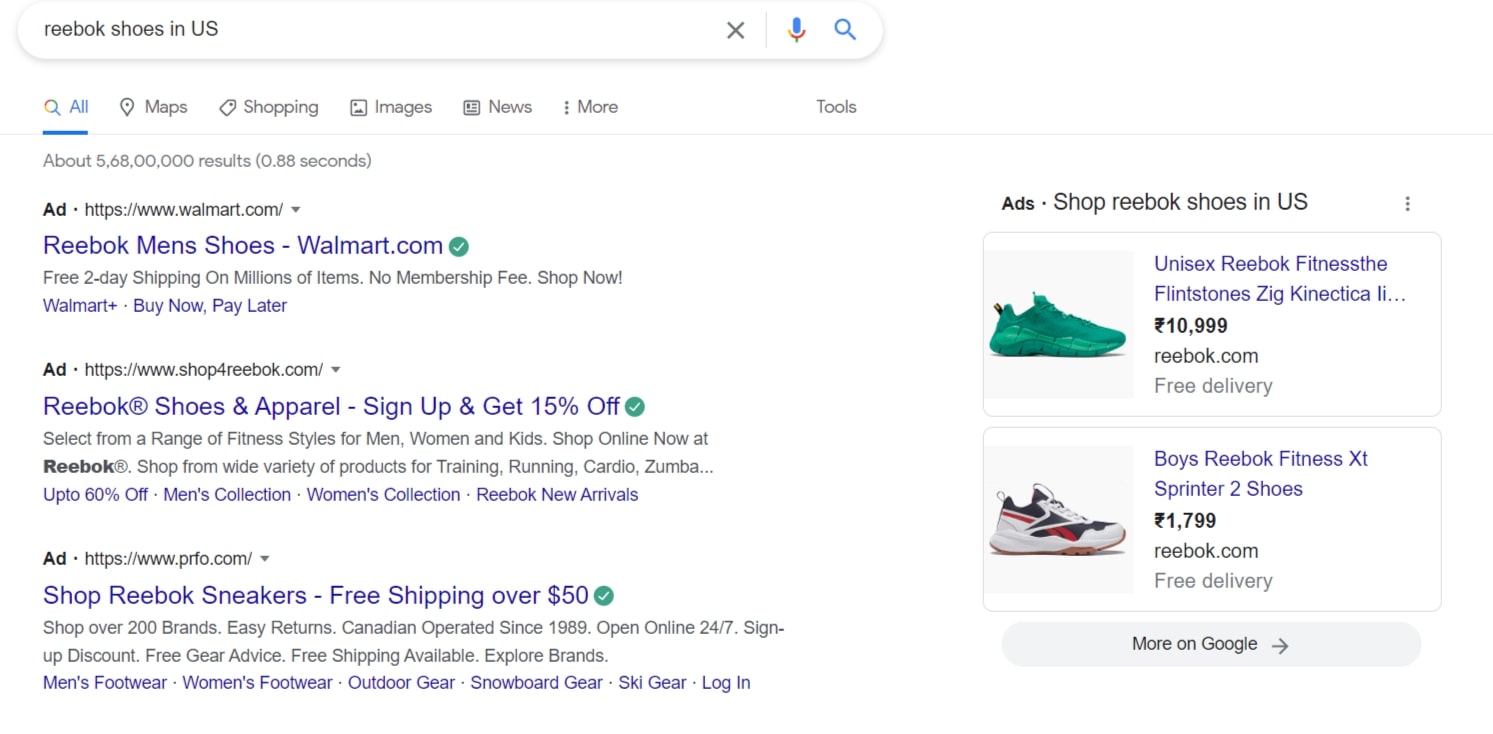
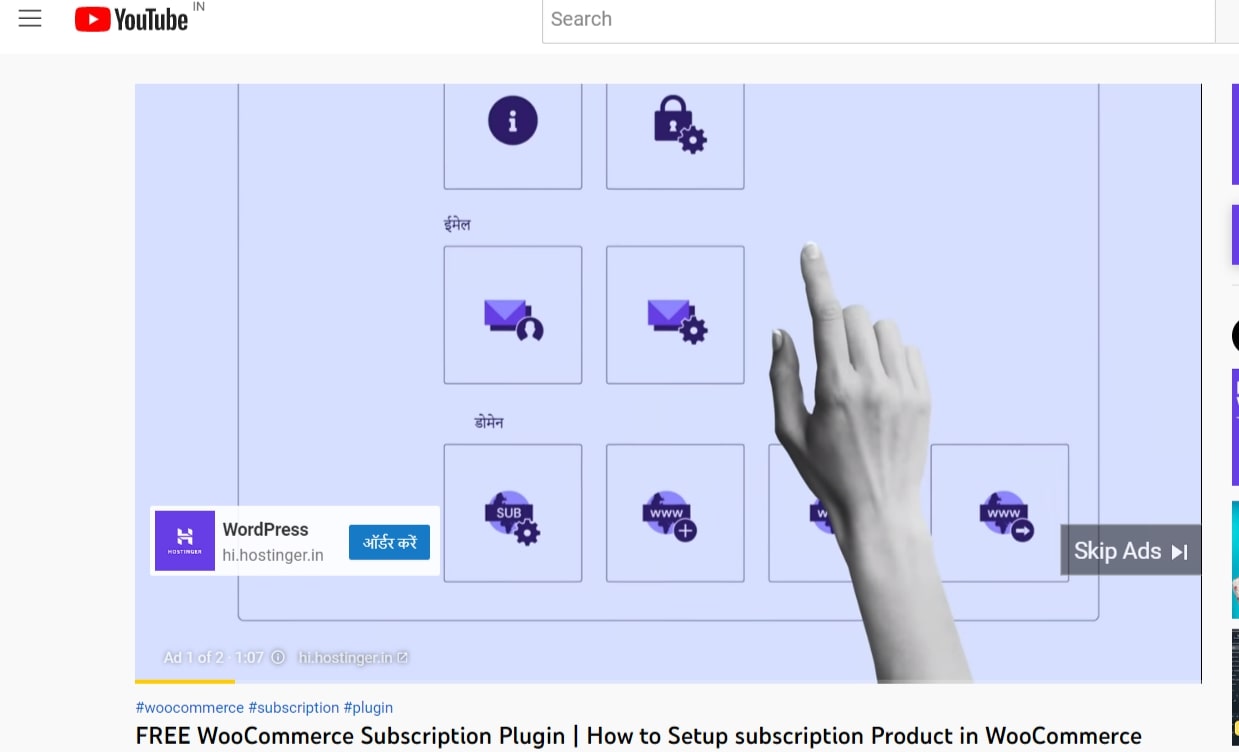





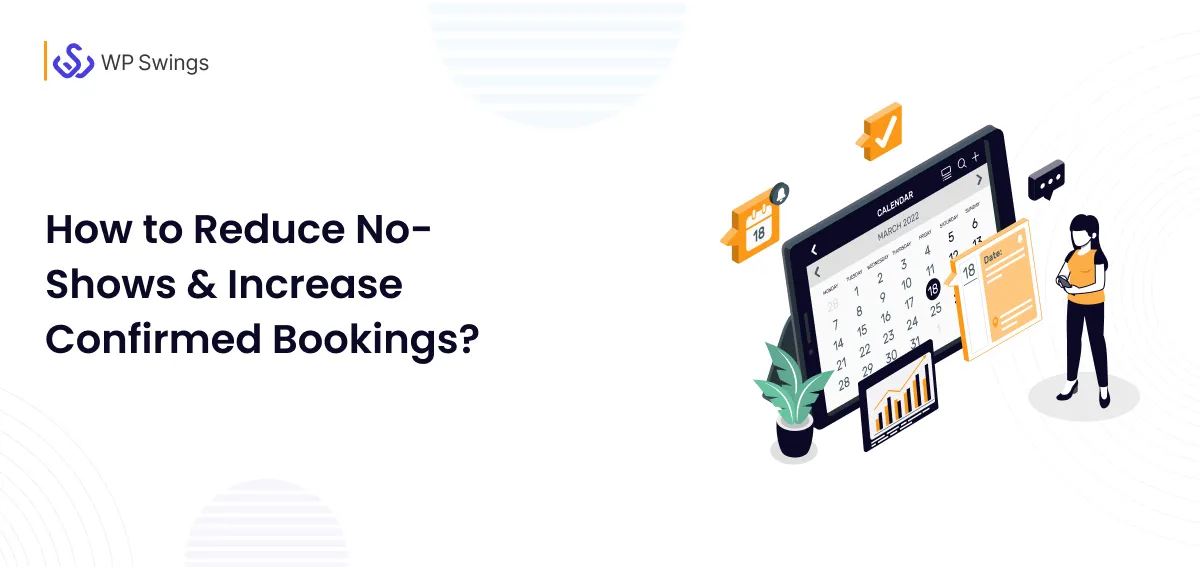
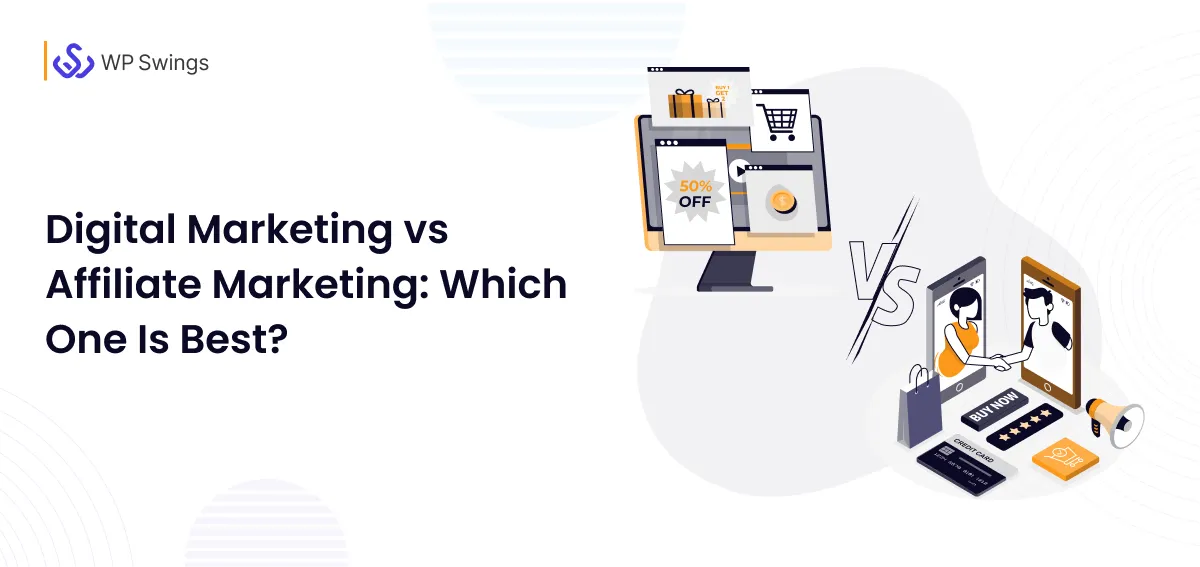
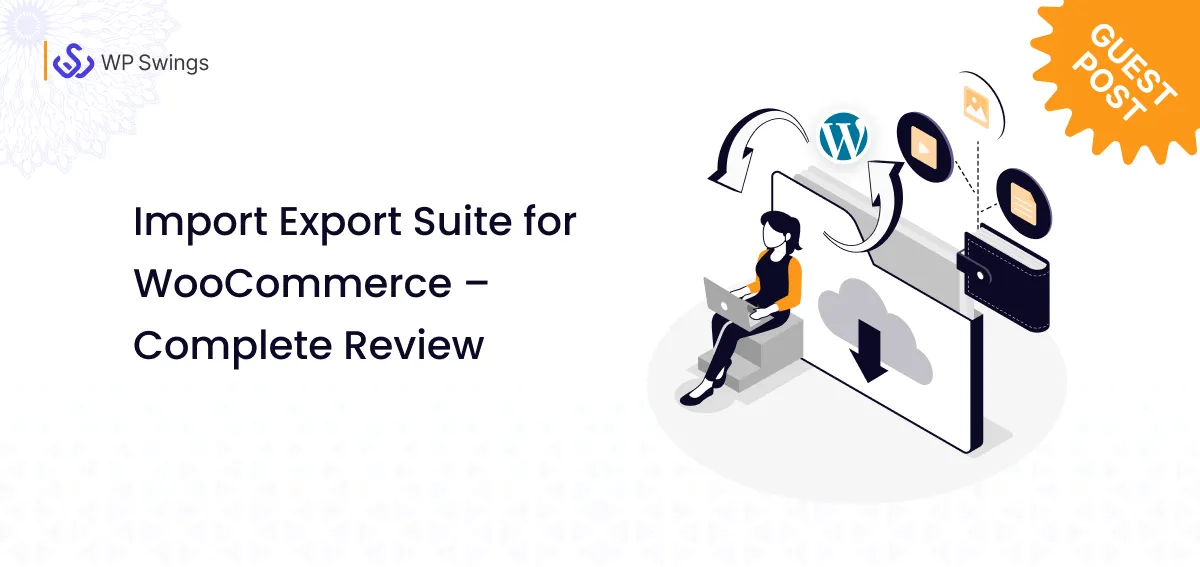




Great post, Rashmeet! PPC management enables businesses to set an optimal budget for pay-per-click ads and maximize their ROI. Some methods for increasing the effectiveness of PPC include frequently updating your keyword list and enhancing website performance by ensuring that the website is safe and accessible. Creating customized landing pages and utilizing ad extensions also improve the campaign.
You are absolutely right Alistar! Thanks for sharing your views on the same. Stay tuned for more of our blogs. Happy reading..:)